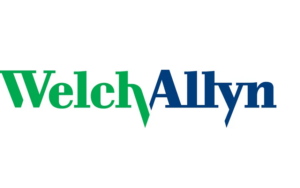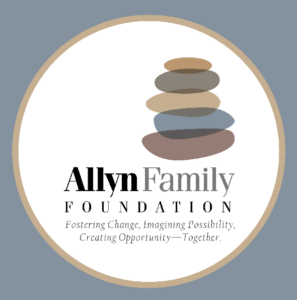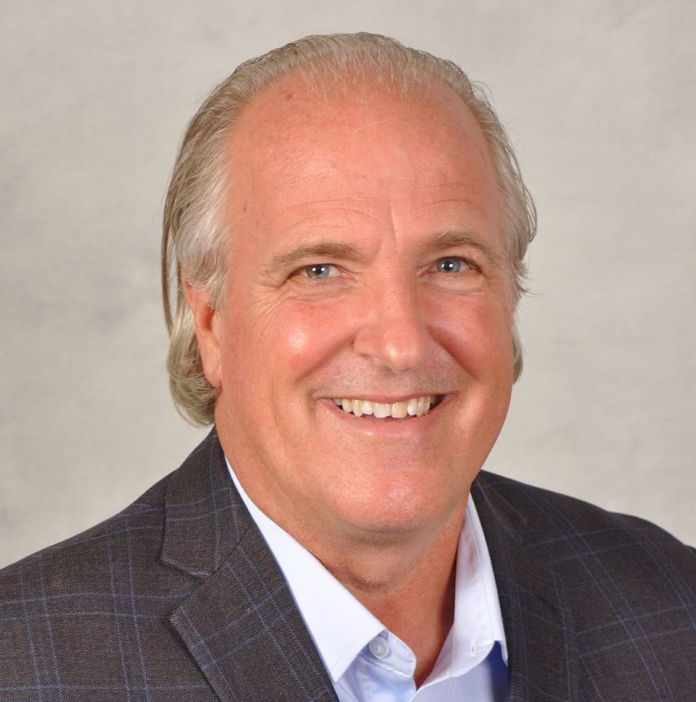Eric Allyn is the former chairman of Welch Allyn Inc., a medical device maker that was owned by the Allyn family for 100 years. Since the family sold the company in 2015, he has been helping his family make the transition from operating a business to working through a family office and foundation. He is now chief investment officer of 50 State LLC, the family office, as well as a trustee for over 80 trusts. He also chairs the Allyn Family Foundation Investment Committee.
Today, the family office serves four generations and about 40 people, including spouses. It has 10 back-office employees plus an investment team of three. The foundation also has 10 employees.
Allyn talks about what has changed since the sale of the company: both the structure and the activities of the family office, as well as the family’s identity.
How did your family office evolve into its current form?
Our family office has had three phases:

Phase 1: My family owned Welch Allyn for 100 years, from 1915 to 2015. In the early 1990s, well before the sale of the company, we formed a family office. It was strictly about estate planning, taxes, trusts, accounting — making sure we were squeaky clean when it came to my family’s ownership of this business. At the time we had no real liquidity – the only wealth of our family was the operating business that our family hoped to own forever. Our family office supported our trusts, which could only own Welch Allyn stock. From 1992 to the year of our sale, 23 years later, that’s all we did.
Phase 2: Our company was sold 23 years after the family office was formed. We had little expertise when it came to investment management. No one in the family worked on Wall Street – they were school teachers, stay-at-home moms, one is a farmer, etc. Well before we sold the business, we had a trustee who specialized in trusts and estates. Before the sale, the only thing he was responsible for was a single asset: Welch Allyn shares. When the sale happened, the trusts then owned a lot of cash that needed to be invested. The trustee formed an investment committee and had a number of big investment houses present to us, and we chose BlackRock. We wanted a great institutional relationship with the trustees. What we did not want was a lot of family involvement with the investment manager at the time. This model worked extremely well for the next three to four years, and we stayed together with this trustee for three to four years to get through any sort of audit.

Phase 3: Once we got through the whole process after the sale, about two-thirds of the family wanted to continue with a big pool with a family member as trustee; the other one-third of the family wanted more direct involvement with their trusts, and they chose a different path. The two-thirds of the family that stayed together appointed me as a family trustee. In turn, we continued to have a large, pooled investment vehicle, supported by our family office. These family members generally said, ‘If the trustee and the family office could work on this, that would be the best thing in the world, because I’ve got my own life going on.’
Then the two-thirds group said, ‘We want to hire some people in our family office to get a bit more involved in the investment decisions for our pooled funds.’ We started to add some talent on the investing side. Today, the family uses BlackRock for our global equities. We have a three-person team who oversees BlackRock and directly manages all the fixed income and the alternative investments. That model works quite well. I’m the chief investment officer and the trustee to the vast majority of the trusts. I try to take the things that are important to family members and bring them in house: income, which is very important, and alternative investments.
Why are you getting into direct investing?
We don’t want to have a next generation of family members thinking that they’re just going to be getting this income passively – we want them to know the source of at least some of their investments. But I can’t get them excited about the S&P 500. Instead, what we do is make some direct investments in companies that they will know about. I want them to know that behind this wealth they have are real investments in real companies.
We invested in SpaceX five years ago. That’s appreciated wonderfully, which is good, but what’s even better is that when SpaceX sends up a rocket, I’ve got the next generation of kids texting each other. We also invested in a fund that was part of OpenAI — when ChatGPT was in the news, we were already an investor.
Why is it important for the income investments and distributions to be done in house?
When we had BlackRock doing all investments for us, they didn’t fully appreciate that family members were paying taxes on trusts – BlackRock predominantly manages pensions, endowments, huge entities that aren’t paying taxes. When I do my income investing, I’m doing it with a tax lens that’s much greater than what BlackRock’s was. When it comes to income that is distributed to family members, I can invest more in municipals, for example, or certain types of real estate that are tax advantaged.
How has your family identity evolved since the sale of Welch Allyn?

Welch Allyn was the glue that held my family together, a common identity. We made lifesaving medical devices. We engaged family by talking to them about our monitors, defibrillators, vision testing equipment, etc. Imagine you snap your fingers and the business has been sold. Where is your identity? There was a big empty space where your heart used to be – and filling that space can literally kill people and families.
The Allyn Family Foundation has filled in a lot of that gap. It’s hard to get people to rally around a balance sheet. It’s a lot easier for my family to rally around these great things that our foundation does. For example, Salt City Market in Syracuse, N.Y., is a building that our foundation built and operates. It has mixed income apartments and an incubator for restaurants, like a food hall. We’re trying to help people build their own wealth. That is something that really “rallies” my family!
Today, my family’s “brand” has changed from “the family that sold Welch Allyn” to “the family that is helping to rebuild Syracuse through Salt City Market.” When my 87-year-old dad goes to the grocery store, people thank him for the impact we’re having here locally in Syracuse. That fills that hole in the heart that we all have from back when we owned Welch Allyn.



